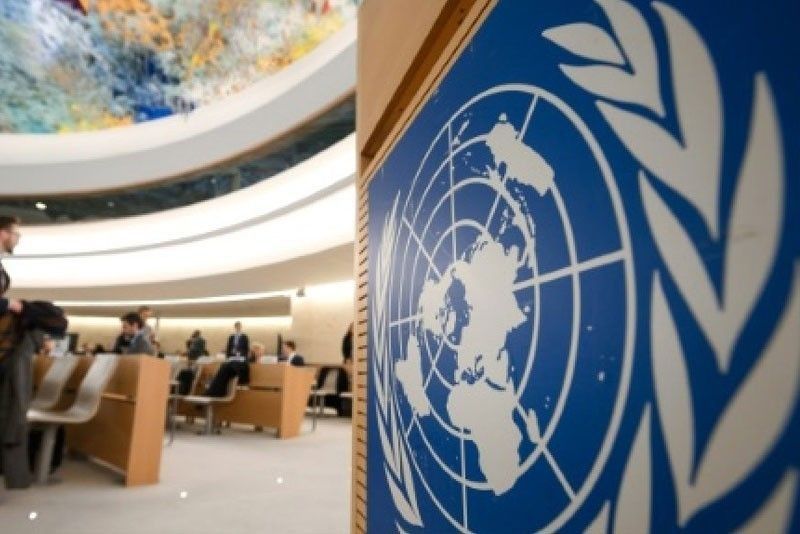Philippines reaffirms anti-corruption stance to UN

MANILA, Philippines — The Philippines took part in a United Nations conference that will strengthen the effectiveness of anti-corruption bodies worldwide as it strongly reaffirmed its commitment to uphold the principles of the UN Convention against Corruption (UNCAC).
The conference, one of the world’s largest anti-corruption gatherings, reviewed the implementation of the UNCAC—the only legally binding universal anti-corruption instrument and discussed preventing corruption, improved international cooperation to better tackle corruption and asset recovery.
Senior Deputy Executive Secretary Michael Ong, who delivered the Philippines’ statement at the 8th Session of the Conference of State Parties to the UNCAC, highlighted President Duterte’s consistent policy on “zero-tolerance” against corruption and his continual calls for the public to report erring government officials.
“In the words of our President during his State of the Nation address last July – ‘Corruption exasperates. It frustrates.’ It is because of this that the Philippines has been relentless in its fight against corruption,” Ong told the conference held in Abu Dhabi, United Arab Emirates.
The Philippines signed UNCAC on Dec. 9, 2003 and ratified it on Nov. 8, 2006. As a state party, it is obliged to criminalize certain forms of private and public corruption; institute or strengthen corruption prevention measures; establish procedures that improve international cooperation; and set up systems for the recovery of forfeited assets.
Ong said the legislature has enacted laws aligned with the anticorruption initiatives of the government, including the Ease of Doing Business and Efficient Government Service Delivery Act that aims to improve government service delivery and fight corruption.
He also cited the executive department’s Citizen’s Complaint Hotline 8888, which allows ordinary citizens to air their complaints against erring government officers and employees.
“This enables swift imposition of administrative sanctions should government officials be found guilty, after due process, of committing corrupt acts,” Ong said.
- Latest
- Trending
































